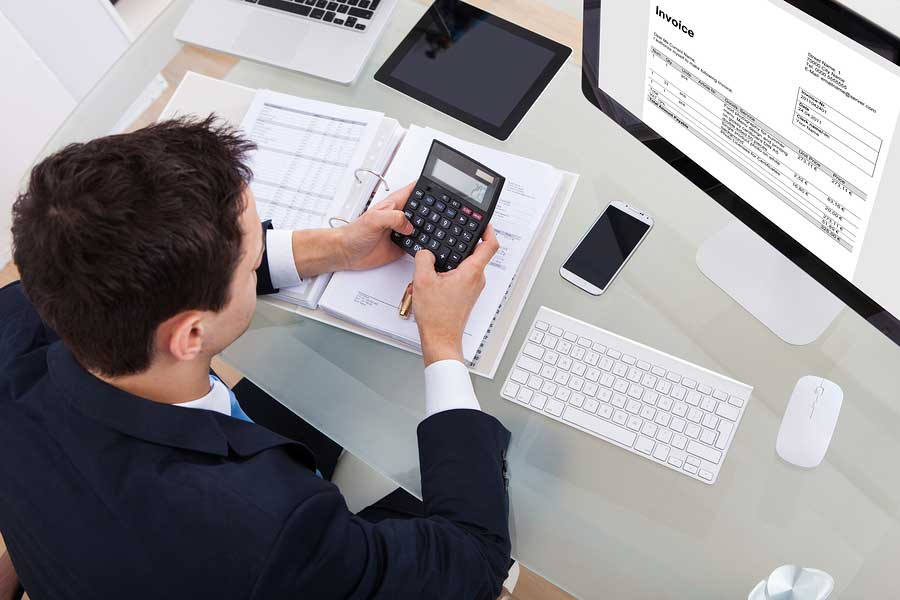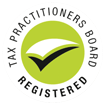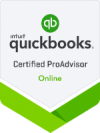If you’re not keeping your business record keeping up to date? You could be seriously damaging the future of your business!
When you’re a small business owner time is scarce. It’s easy to get buried in the responsibilities of looking after customers, staff and providers.
Add to this the associated admin needs that require immediate attention each day and your hands are full. So if you don’t have a clear structure for your business record keeping, it can often go unattended for too long, leaving your business at risk.
Business record keeping not complete or up to date?
If not, you could find your business:
- Pays far more tax than it should or does not pay enough, leading to large debts down the track.
- Does not meet ATO (and other governing body) regulations and is at risk of audits.
- Is not as financially stable as it needs to be to support steady growth or longevity.
- Could cost either days of your time or many $1000’s in fees to put right each year.
Business record keeping should be a priority every day to help your business stay healthy and agile
Keep your business record keeping up to date and you know exactly what your financial situation is at all times so you are better able to plan ahead and present a genuine picture to external entities when required – including the ATO, Fair Work Australia, The Australian Securities and Investments Commission and, should the need arise, to a potential business buyer. PLUS, you will be in a far better position to build strong relationships with providers and clients because you are able to conduct business with them efficiently and professionally, which means a solid future for your business!

Tips to stay on top of your business record keeping
- Set aside a certain time at the end of each day to bring everything up to date. This keeps record keeping to a short daily task rather than a long arduous chore.
- Invest in business record keeping software such as Xero, which will also enable you to send invoices, pay suppliers, export reports for your accountant and other features that help you stay organised. (CLICK HERE to see how Etax Local can help you purchase Xero for less!)
So what records do you need to keep?
Aside from the basic records of your business entity, such as: your ABN, registrations, contracts, leases etc. there are 4 main categories of records that you will need to keep for your business.
1. Income Tax and GST
The following tax related items should all be recorded in order to provide accurate reports and supporting documents for periodic BAS and your annual small business tax return.
- records of purchase expenses
- purchase/expense invoices, including tax invoices
- purchase/expense receipts, which include an ABN
- cheque butts and bank account statements
- credit card statements
- records showing how you worked out any private use of something you purchased
- year-end income tax records, including Profit and Loss Statement
- motor vehicle expenses
- debtors and creditors lists
- stocktake sheets
- depreciation schedules
- capital gains tax records
2. Payments you made to your employees
- tax file number declarations and withholding declarations
- withholding variation notices
- worker payment records
- pay as you go (PAYG) payment summaries
- annual reports
- employer superannuation contributions records
- records of any fringe benefits you provided
3. PAYG withholding for your business payments
- records of amounts you withheld from payments where no ABN was quoted
- a copy of any PAYG withholding voluntary agreements
- records of voluntary agreement payments
- all PAYG payment summaries including PAYG payment summary – employment termination payments
- all PAYG annual reports
4. Fuel tax credits:
- fuel you acquired
- eligible and ineligible fuel use
- claim calculations
- any fuel you lost, sold or disposed of
How long should you keep your business records?
- Keep tax related records for 5 years after they are prepared, obtained – or the transaction is completed, whichever occurs latest.
- Keep financial records for 7 years. For example: paperwork for financial statements, these may be needed in case of an audit or the sale of the business.
- Keep employment records for 7 years. To comply with Fair Work regulations you need to keep pay slips, hours worked, employment status, superannuation payments and leave balances.
- After the disposal of a business property or stock, keep purchase/lease agreements, brokerage statements and sales documents for 7 years.
- Other records should be kept indefinitely, such as
- Receipts for large purchases: Keep these with your insurance documents in case you need proof of purchase in the future. For example: if damage occurs to the item and you need to make an insurance claim.
- Property and investment-related records: Keep all receipts and records of improvements and related expenses incurred if you renovated your business premises as it may affect your capital gains tax.
Other business record keeping requirements/suggestions:
- Keep all records in an electronic form (PDF etc.) so that you are able to print out a copy whenever required.
- Ensure that electronic copies are clear and legible.
- Store these securely and regularly back them up.
- All records should be in English.
- When you no longer require archived paper records, purchase a shredder to destroy the documents. If you have a large quantity, hire a locked bin from a shredder company, for secure shredding offsite.
Please note: This article is for information purposes only. Please contact your accountant for information and assistance specific to your own circumstances.
Need professional advice, bookkeeping, accounting or tax services?
Don’t give yourself the run-around when it comes to your business finance obligations, Etax Local provides everything you need in one spot.
Get all the help and advice you need, have someone else process your taxreturn and make sure you claim all the deductions you’re entitled to.
Plus, provide and store your electronic documents, communicate with your accountant/bookkeeper and review and sign tax returns via our secure client portal, 24/7. The best of all worlds!!
No problem, simply contact us today by calling 1300 174 689. Alternatively, send us an email or request a quote and one of our friendly accounting team will get back to you as soon as possible.
With Etax Local by your side, your business just got a whole lot easier to manage!
 Tax Agent
Tax Agent



